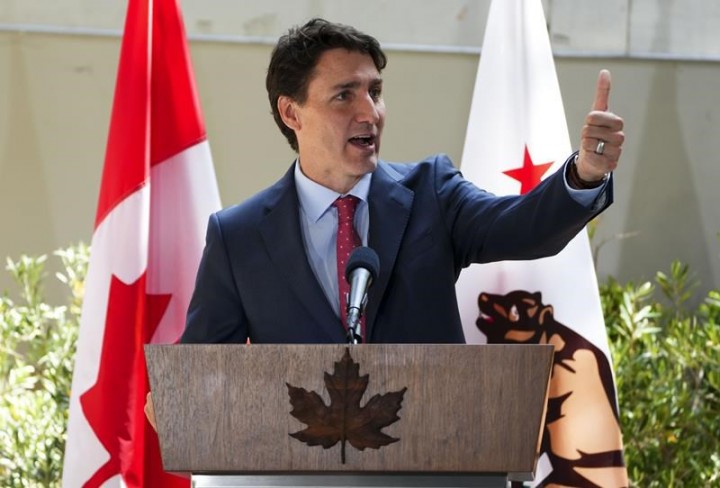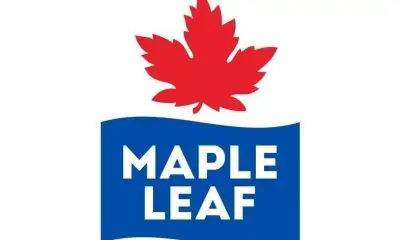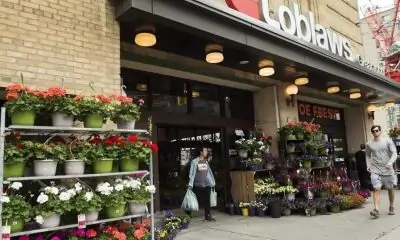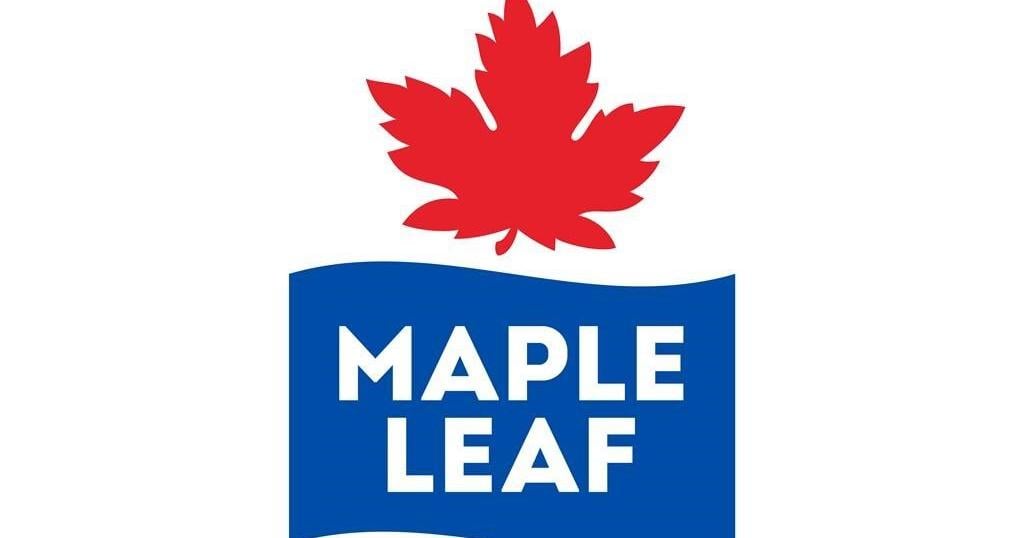LOS ANGELES — Leaders from across the Americas, including Prime Minister Justin Trudeau, signed on Friday to what U.S. President Joe Biden called a “historic commitment” to ease the pressure of northward migration.
The agreement, the central accomplishment of the Summit of the Americas in California, commits Canada to spend $26.9 million this year on slowing the flow of migrants from Latin America and the Caribbean.
The Los Angeles Declaration on Migration and Protection also includes a Canadian promise to welcome an additional 4,000 migrants from the region by 2028, as well as a pre-existing plan to bring in 50,000 more agricultural workers from Mexico, Guatemala and the Caribbean.
“Each of us is signing up for commitments and recognizing the challenges that we all share, and the responsibilities that impact all of our nations,” Biden said as he shared the stage with 19 fellow leaders.
He blamed the growing migratory pressure on the economic fallout from the COVID-19 pandemic, made worse by the war in Ukraine and what he called the “turmoil” wrought by autocracies in the region.
Colombia, he said, is hosting millions of refugees from Venezuela, while as much as 10 per cent of Costa Rica’s population consists of migrants — a problem he said demands a collective approach for the sake of the hemisphere’s health and well-being.
“Our security is linked in ways that I don’t think most people in my country fully understand, and maybe not in your country as well,” Biden said.
“Our common humanity demands that we care for our neighbours by working together.”
Canada’s new funding will go toward programs to improve integration and border management, protect the rights of migrants and host communities, advance gender equality and tackle human smuggling.
Foreign Affairs Minister Mélanie Joly was asked Friday about the seemingly paltry number of new migrants Canada agreed to bring in over the next six years. Canada’s already doing plenty, she said.
“Migration is definitely an issue throughout the hemisphere, but we know also we’re playing our part every year by taking one per cent of our population as new immigrants,” Joly said.
“At the same time, we want to do it in a way that respects the system,” she added, noting that Canada and the U.S. continue to negotiate the terms of the Safe Third Country Agreement, which currently allows migrants to seek refugee status in Canada if they enter the country from the U.S. at unofficial crossing points.
The L.A. declaration is based on four key pillars, Biden said: stability and assistance for communities, wider legal migratory routes, humane migration management and co-ordinated emergency response.
It seeks, the White House said in a fact sheet released earlier in the day, “to mobilize the entire region around bold actions that will transform our approach to managing migration in the Americas.”
It includes commitments from an array of Latin American and Caribbean nations on everything from economic stabilization and humanitarian relief to “regularizing” migrants living illegally in host countries.
Colombia, for instance, has already regularized 1.2 million Venezuelan migrants and refugees, and has agreed to do the same for 1.5 million more by the end of the summer.
Not surprisingly, the U.S. is doing the heaviest lifting, including US$25 million to support countries that are implementing new regularization programs, $314 million for stabilization efforts and a $65-million pilot project to support agricultural workers.
The Biden administration is also committing to resettle 20,000 refugees from the Americas over the next two years, three times the current resettlement rate, the White House said.
At the same time as the funding and resettlement efforts, the U.S. plans to crack down on human smuggling operations, including a new campaign that’s “unprecedented in scale” aimed at disrupting and dismantling criminal smuggling enterprises in Latin America.
Earlier in the day, Trudeau sat down with House Speaker Nancy Pelosi, who welcomed him warmly as he met with the summit’s congressional delegation.
“We can no longer sort of imagine we’re islands, or isolated from what’s going on in the rest of the world — the pandemic taught us that, climate change is teaching us that,” Trudeau said.
“All of us have a responsibility for each of us.”
Trudeau was also to hold bilateral meetings with the leaders of Jamaica and the Dominican Republic.
On Thursday, Trudeau met for an hour with Biden, who agreed to a visit to Canada in the “coming months,” his first since becoming president in the midst of the COVID-19 pandemic.
“I think we both share the same sense that the possibilities for our hemisphere are unlimited,” Biden told Trudeau, calling it the “most democratic hemisphere in the world.”
Trudeau responded by saying it’s “extraordinarily important” for close partners like Canada and the U.S. to be there for each other and for allies around the globe.
“The work that we can do on supporting and projecting and sharing our values is a way of actually supporting and impacting citizens around the world,” Trudeau said.
Doing so, he said, helps make the case “that democracy is not just fairer, but it’s also better for citizens, putting food on the table, putting futures in front of them.”
The federal government’s official readout of the meeting mentioned their mutual support of Ukraine in its fight against Russia, and that Trudeau also brought up Canada’s support for NATO and the plan to modernize the continental defence system known as Norad.
Trudeau also “expressed his support” for Biden’s proposed hemispheric “Partnership for Economic Prosperity,” but the readout did not mention whether Canada has been invited to take part.
This report by The Canadian Press was first published June 10, 2022.
James McCarten, The Canadian Press
Note to readers: This is a corrected story. An earlier version, based on incorrect information from officials, reported that Canada will spend nearly US$27 million this year on slowing irregular migration from Latin America and the Caribbean.
Related


































